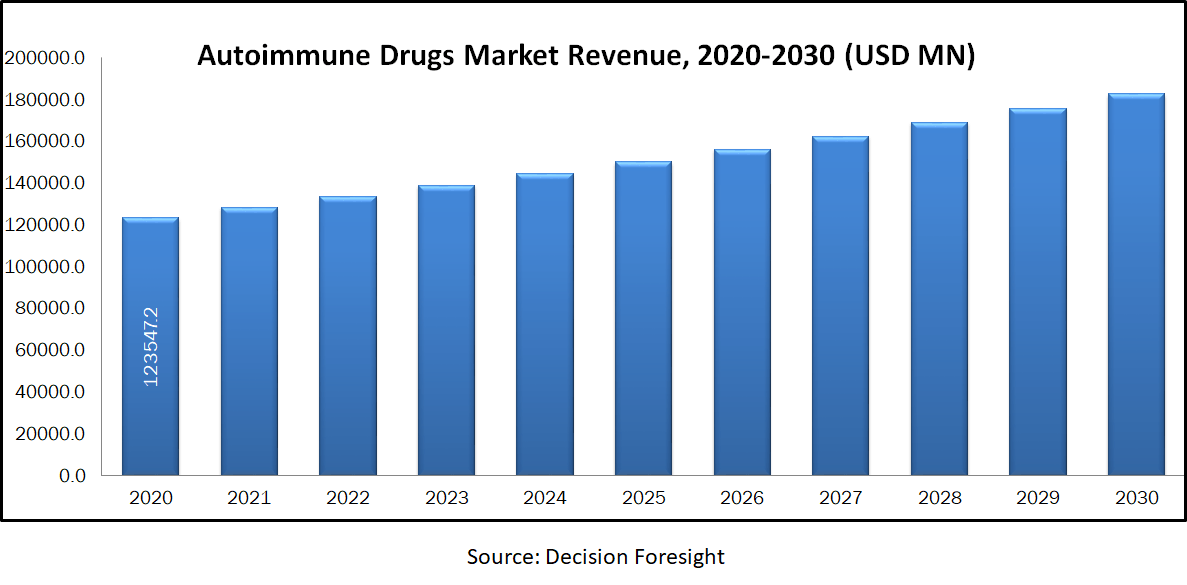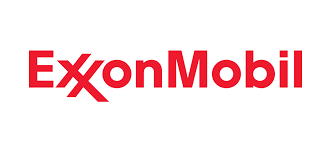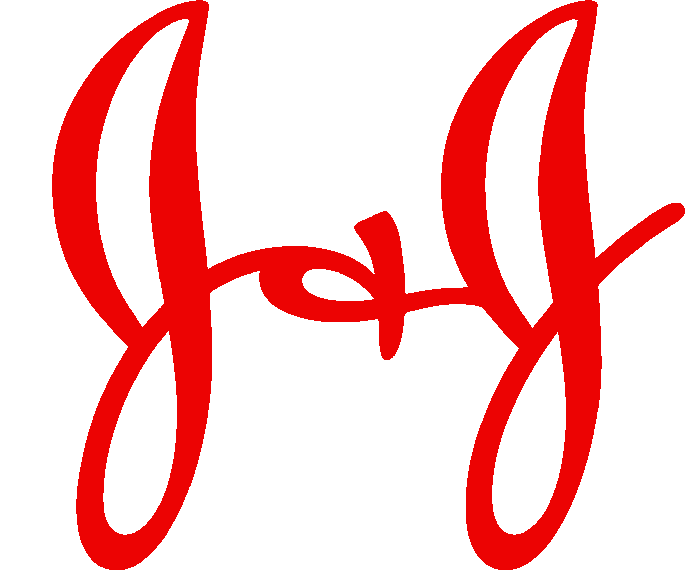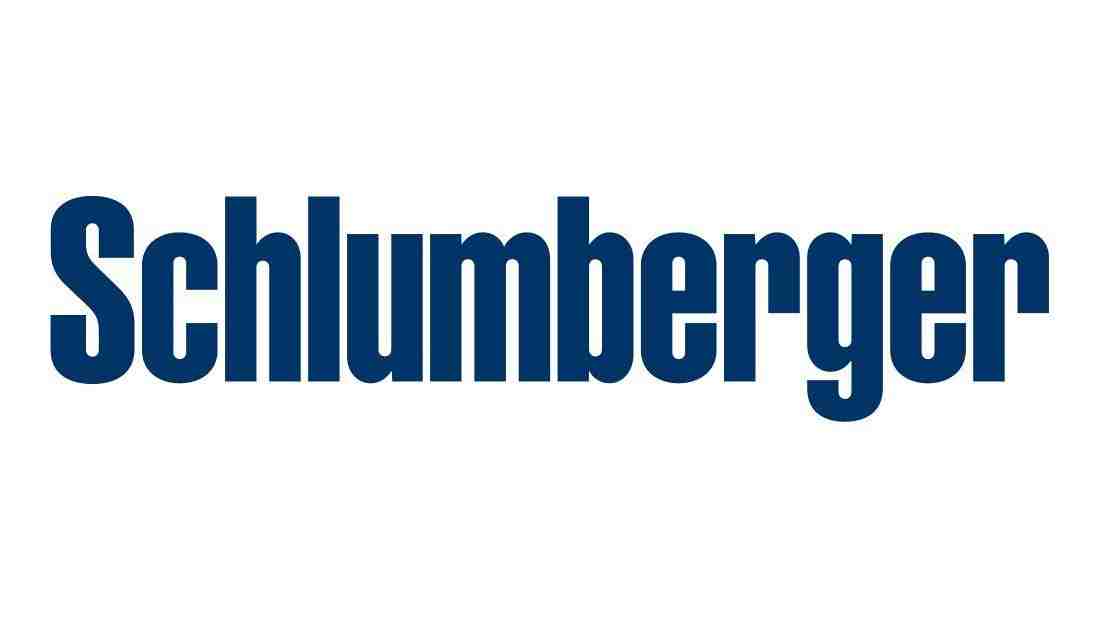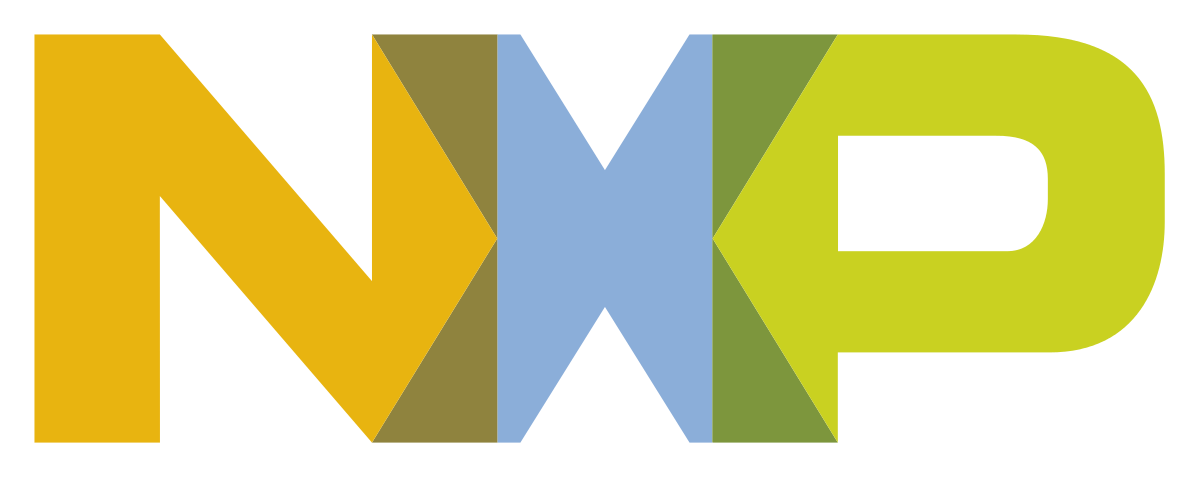Autoimmune Drugs accounted approximate USD 124547.2 billion in 2020 and it is expected to reach USD 182880.0 billion by 2030 with a CAGR of 4% during forecast period. Autoimmune disorder is a condition which results destruction of tissue due to overactive immune response of a body working against its own cells. Moreover, in autoimmune condition abnormal antibodies are produced which attack the own body cells and tissues. Additionally, autoimmune drugs weaken the immune system, they suppress this reaction. This helps reduce the impact of the autoimmune disease on the body.
Market Segmentation:
On the basis of product type it is segmented into B cell inhibitors, T cell inhibitors, tumor necrosis factor inhibitors, interleukin inhibitors, immunosuppressant, beta interferon’s, insulin, and others. Based on application it is classified into graves disease, rheumatoid arthritis, hashimotos thyroiditis, vitiligo, type 1 diabetes, and others. On the basis of end user it is bifurcated into hospital, pharmacy, and others. Based on region it is segmented into North America, Asia Pacific, Europe, and RoW.
Market Dynamics and Factors:
Increase in the prevalence of cancer, arthritis and other chronic and acute disease such as rheumatoid arthritis, joint inflammation driving the demand for autoimmune drugs in the market. Additionally, the rising awareness for the treatment, increasing incidences of autoimmune diseases due to urban lifestyle is driving the market for autoimmune drugs. In addition, increasing investment in R&D by the public and private sector for formulating new drugs are driving the market. Moreover, the availability of biosimilars drugs has created potential opportunities for autoimmune drugs market. However, factors such as lack of standard treatment, safety issues and quality issues regarding autoimmune drugs are likely to restrain the market.
Geographic Analysis:
North America is dominating the market and is anticipated to maintain same trend during the forecast period. According to research study, North America accounted for approximate 54% market shares in terms of sales of the global autoimmune drugs market in 2018. Additionally, as per the research report published by the National Institute of Health (NIH), U.S. alone accounted approximate 23.5 million people suffers from autoimmune diseases thereby increasing demand for advanced treatment procedures and devices in the region driving the market growth. North America is followed by the Europe. The region is accounted for approximate 30% market share in terms of sales. Asia Pacific is anticipated to fastest growing market with a CAGR of 12.4% and it is expected to maintain same trend during forecast period.
Competitive Scenario:
Some of the key players in global autoimmune drugs market are Johnson & Johnson Ltd., Abbott Laboratories, Active biotech A.B., AbbVie Inc., Novartis A.G., Pfizer Inc., Amgen Inc., Eli Lilly & Co., AstraZeneca Plc., and UCB S.A.
Autoimmune Drugs Market Report Scope
| Report Attribute | Details |
| Analysis Period | 2020–2030 |
| Base Year | 2021 |
| Forecast Period | 2022–2030 |
| Market Size Estimation | Billion (USD) |
| Growth Rate (CAGR%) | 4 % |
|
| By Product Type (B Cell Inhibitors, T Cell Inhibitors, Tumor Necrosis Factor Inhibitors, Interleukin Inhibitors, Immunosuppressants, Beta Interferons, Insulin, And Others), By Application (Graves Disease, Rheumatoid Arthritis, Hashimotos Thyroidtis, Vitiligo, Type 1 Diabetes, And Others), By End User (Hospitals, Pharmacy And Others) |
| Geographical Segmentation | North America (U.S., Canada, Mexico) Europe (UK, Germany, Italy, France, Rest of Europe), Asia-Pacific (China, Japan, India, Australia, Rest of APAC), South America (Brazil, Argentina, Rest of SA), MEA (UAE, Saudi Arabia, South Africa) |
| Key Companies Profiled | Johnson & Johnson Ltd., Abbott Laboratories, Active biotech A.B., AbbVie Inc., Novartis A.G., Pfizer Inc., Amgen Inc., Eli Lilly & Co., AstraZeneca Plc., and UCB S.A. |
